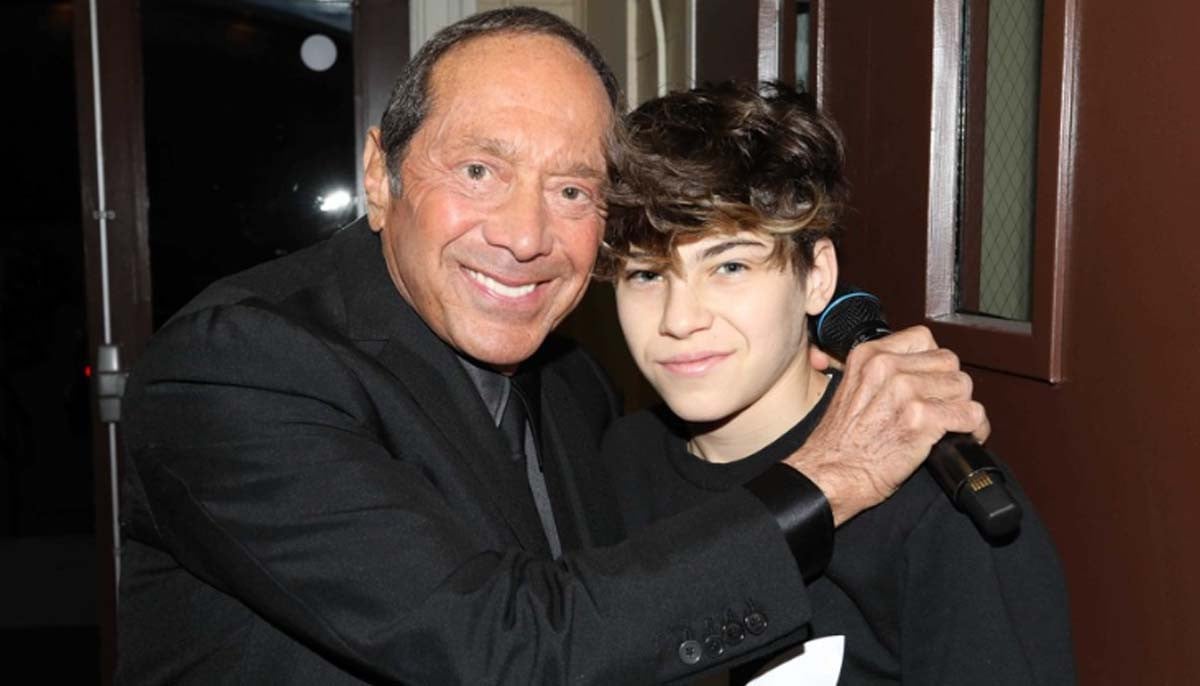‘Blue Beetle’ Artist -Writer Keith Giffen Dies at 70
DC’s Lobo, Blue Beetle writer and creator was also responsile for helming Marvel’s Rocket Racoon
Keith Giffen, a writer and artist who worked on DC’s Lobo and the Jamie Reyes version of the Blue Beetle and Marvel’s Rocket Raccoon is dead.
The writer died at the age of 70, with his death news being confirmed by his collaborator for a long time Paul Levitz on social media.
The comic artist’s death was also announced by his family on Facebook with a sarcastic statement from Giffen himself.
“I told them I was sick…Anything not to go to New York Comic Con, Thanx,” the statement read, “Bwah ha ha ha ha.”
The cause of death was said to be a heart stroke.
“The sad news is now official: Keith Giffen has gone off to create new worlds that are beyond our living reach,” Levitz wrote in his one statement.
Adding, “Keith was probably the most fertile creative mind of our generation in comics. He had an infinite number of ideas, pouring constantly out. Many, thankfully, never saw print as wholly insane or inappropriate. But the ones that did!”
Paul further noted that he and Giffen did “over 60 stories together,” Giffen making “many of them far better than they might have been with any other collaborator, because of his ideas and contributions to character moments and drama.”
“ A few we had rough times on, but I think no more than could be expected in a long relationship.”
He also said that “Keith was a curmudgeon by choice, an act he perfected and enjoyed. Like many artists, he didn’t lead a healthy lifestyle, and that led to tough times that he always laughed off. He was a family man when out of public view, and his soft moments came out there.”
In the end, the friend of the deceased sent “hugs to his kids, grandkids and great grandkids.”
“Oh, and Anna, now that you have him back, take care of him as you always did—he was never the same after you went,” Levitz concluded.
-
JoJo Siwa shares inspiring words with young changemakers
-
Premiere date of 'Spider-Noir' featuring Nicolas Cage announced
-
Pedro Pascal's sister reveals his reaction to her 'The Beauty' role
-
Paul Anka reveals how he raised son Ethan differently from his daughters
-
Jodie Turner Smith shares one strict rule she follows as a mom
-
Photo of Jay-Z, other prominent figures with Jeffrey Epstein proven to be fake
-
Fans slam talk show host for 'cringe' behavior in Chris Hemsworth interview
-
James Van Der Beek’s close pal reveals family's dire need of donations












